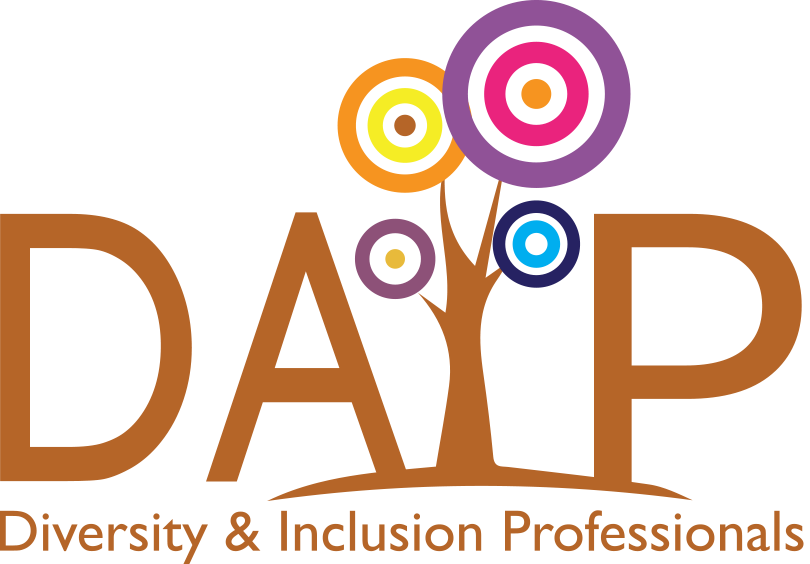July 2023

The Future of Affirmative Action: What’s at Stake?
DAIP hosted legal experts for a virtual discussion on the recent SCOTUS decisions in two cases involving race-conscious university admissions policies, which is often referred to as affirmative action.
The conversation provided historical context leading up to the decisions, and covered the anticipated impacts of blocking affirmative action–on admissions practices, student experiences, workforce pipeline, workplaces, and more. Panelists also offered insights and advice for professionals who are wondering whether the rulings would impact DEI programs and roles.
The panel was moderated by Ralph Tavares Jr. (Equity & Inclusive Excellence Manager, Diversified Search Group), who has spent two decades creating equity and access in higher education for students of color. Panelist Diana J. Hassel (Professor, Roger Williams University School of Law) is a legal expert in constitutional law and civil rights litigation. Panelist Michael J. Yelnosky (Professor, Roger Williams University School of Law) is a founding member of the RWU law faculty, and a legal expert in employment and labor law, employment discrimination law, and judicial selection.
July 2023

(One Brilliant Take) Steps to Becoming Anti-Racist
It takes courage to be an ally, whether you’re a large corporation, or a single voice speaking up in your personal interactions with others. We’re all aware of the variety of ways that brand partnerships and awareness campaigns can cause headaches for corporations who are trying to appeal to niche markets while maintaining the support of a wide customer base. For instance, the Spring 2023 conservative backlash after Bud Light’s brand partnership with trans influencer Dylan Mulvaney, and the backlash after Target’s prominent Pride Month displays which were relocated or removed due to customer anger. Companies are trying to be more inclusive, but they often back down when segments of their audience push back. That is not being actively and genuinely anti-racist. Click the link below for the full article.



